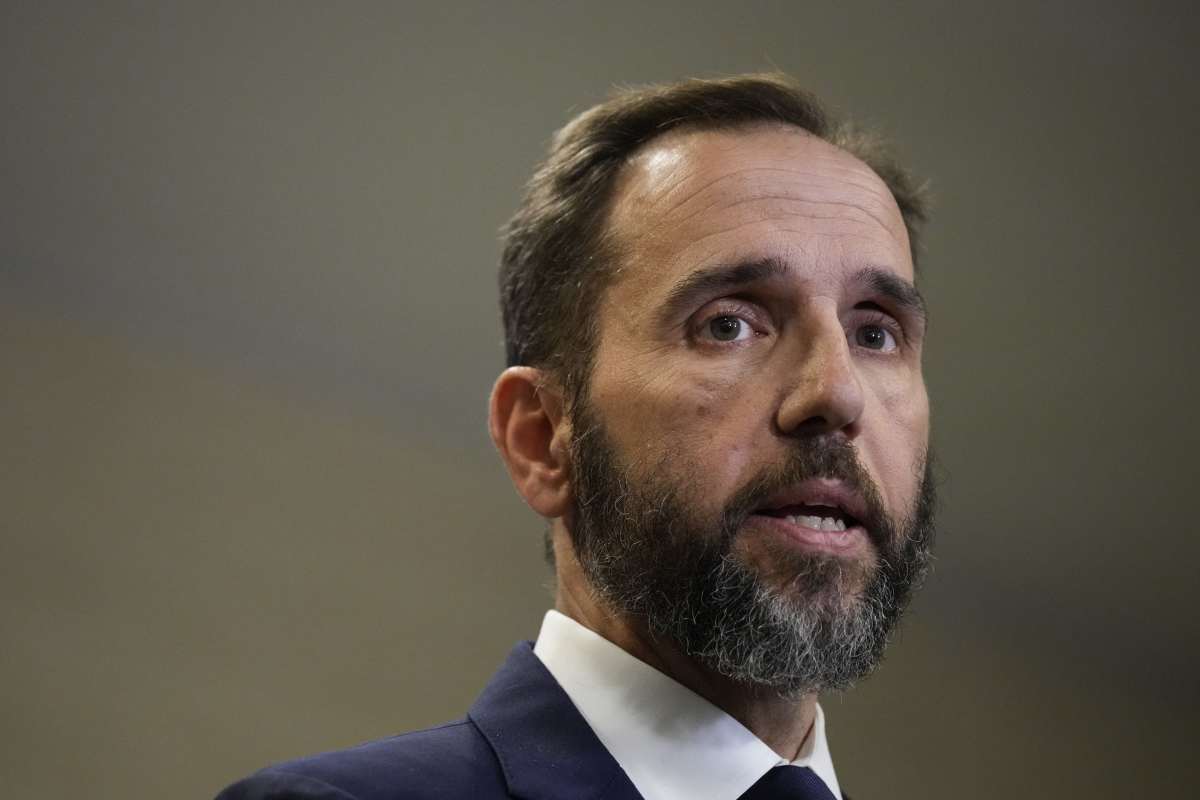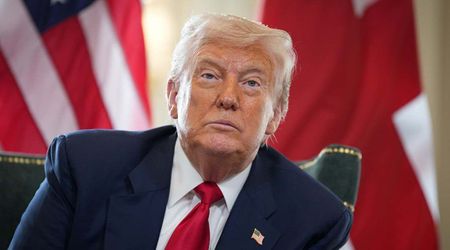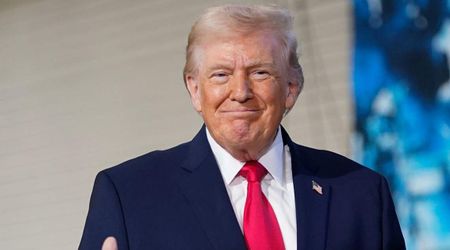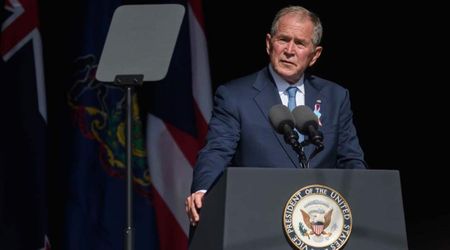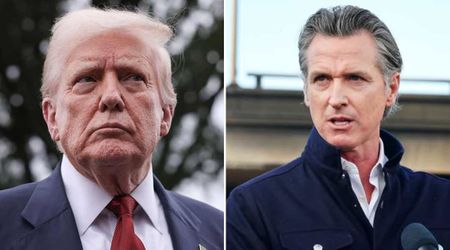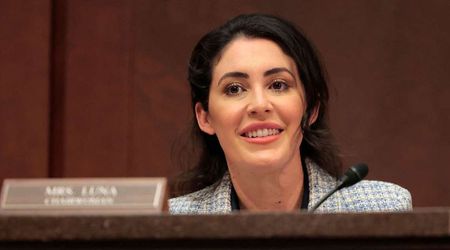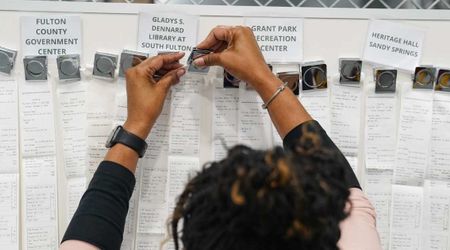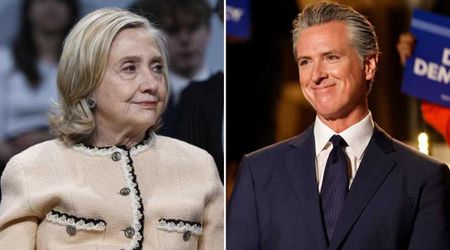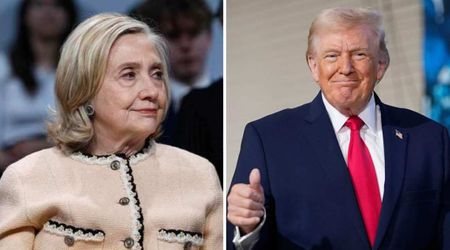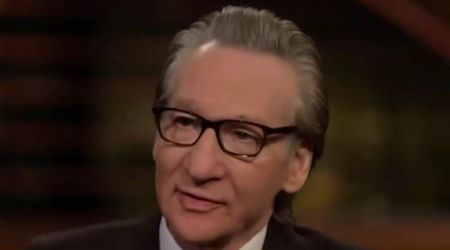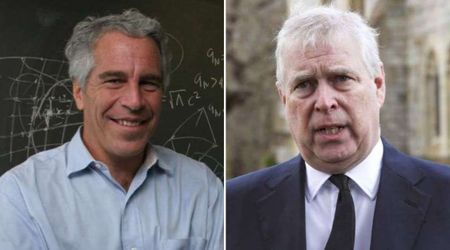Judges in Trump's criminal trials set to address consequences of SC's ruling on presidential immunity

WASHINGTON, DC: Judges in two of former president Donald Trump's four criminal trials will address the consequences of the Supreme Court's ruling on presidential immunity next month as the repercussions from the ruling are likely to intensify.
US District Judge Tanya Chutkan will decide on September 5 how to handle Trump's criminal indictment alleging collusion to rig the 2020 election. Also, acting Justice Juan Merchan of the New York Supreme Court will decide in less than two weeks whether to overturn Trump's conviction in his hush money case. It's highly likely that this will be his sole felony conviction before to the election.
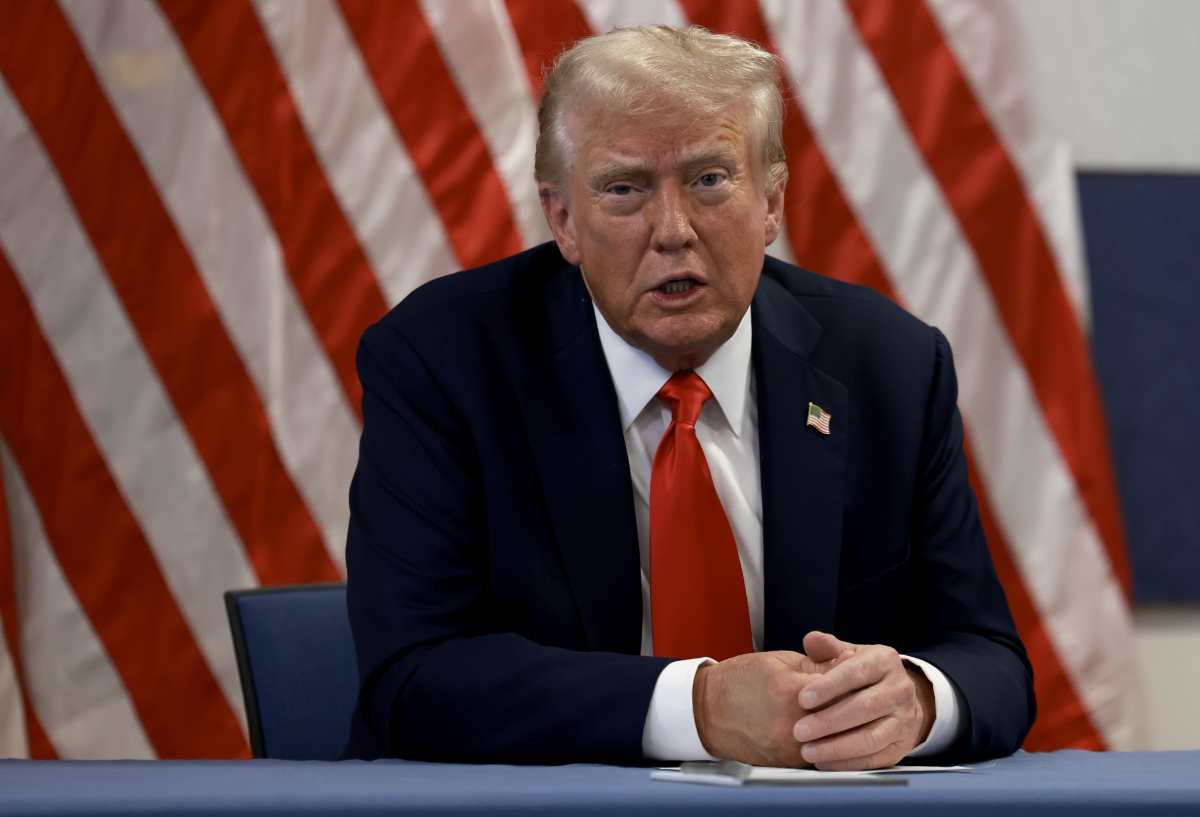
Donald Trump's greatest legal wins till date will be put to test
Both will put to the test one of Donald Trump's greatest legal wins to date in his defense against his criminal prosecutions, the Supreme Court's decision last month to grant previous presidents' official actions at least presumptive immunity. The six-three ruling gave Trump's trial judges the authority to apply the high court's immunity rule to the particulars of his cases. Until Election Day, that fight is likely to take center stage in his legal issues.
Donald Trump’s attorneys begin mounting an effort to set aside his guilty verdict
Donald Trump's lawyers launched an attempt to overturn his guilty conviction in New York where he was found guilty of fabricating business records as a result of receiving hush money payments to hide alleged affairs during his 2016 campaign, just hours after the historic ruling in early July.
The former president has never denied that any of his 34 accusations were official acts. However, he argues that during the seven-week trial, the prosecutors presented evidence of immunized conduct that was not appropriate. Some of Trump's tweets from while in office, his government ethics form, and witness testimony from two White House officials are among the disputed pieces of evidence.
The argument centers on the conservative Supreme Court justices' unanimous decision that protected behaviors are not admissible as proof, regardless of whether the allegations involve official or informal behavior. The last member of Trump's cabinet to join the majority, Justice Amy Coney Barrett, did not sign on to that part.
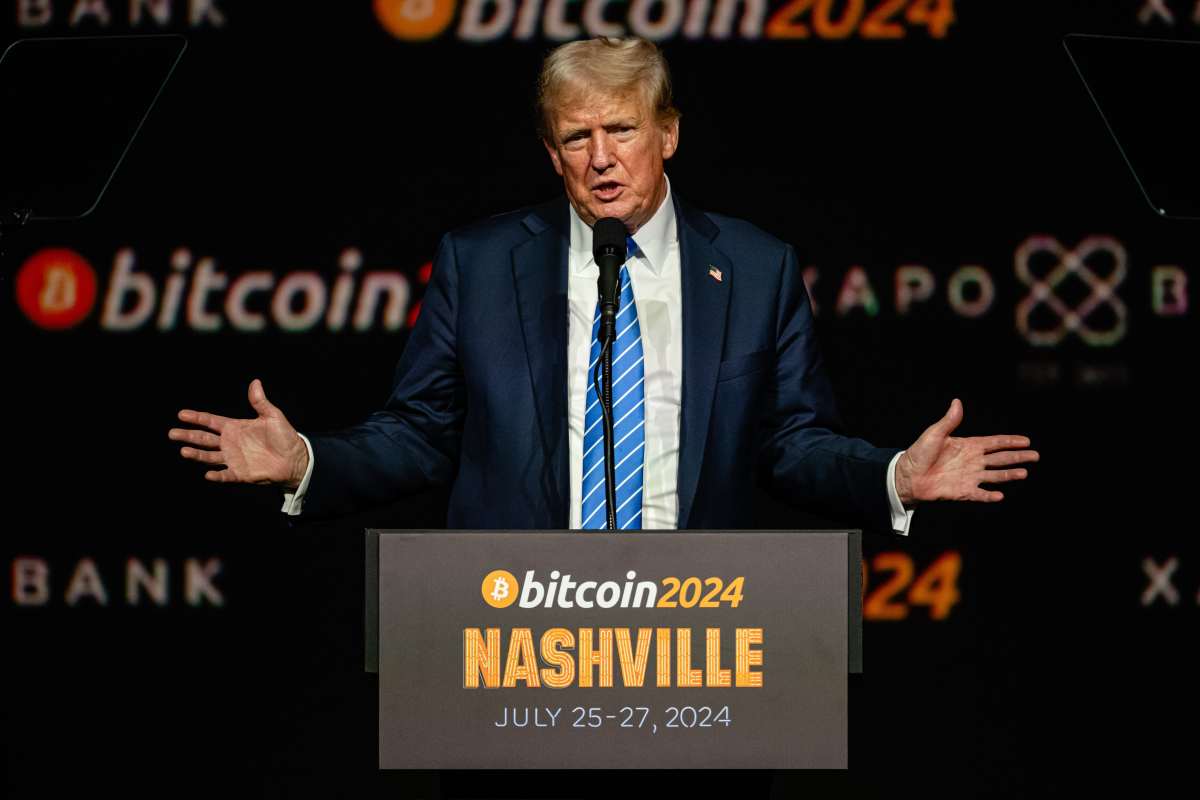
What did the director of New York Law School’s criminal defense clinic say?
“Judges are very, very, very hesitant to overturn a jury’s verdict, generally speaking,” said Anna Cominsky, the director of New York Law School’s criminal defense clinic, according to The Hill. “Obviously, this immunity decision is different, that’s a factor that we don’t always have. But given the hush money case and the majority of the actions being taken before Trump was even president, that leans towards the judge most likely denying that.”
Donald Trump’s lawyers demand postponement of his verdict until after November’s election
Donald Trump's trial judge Juan Merchan said that two days prior to the sentencing, on September 16, he will determine whether the verdict can be upheld. “Please note, the court appearance scheduled for September 18, 2024, at 10 am remains unchanged,” Merchan emphasized in a letter to both sides’ attorneys earlier this month.
The latest request from Trump's attorneys is to delay until after the election in November. Trump said he will file an instant appeal of the immunity claim if his verdict is upheld, among other justifications.
Cominsky pointed out that the sentence date might alter if Merchan's immunity ruling raises new issues or modifies the sentencing calculation. “Both parties have a right to fully prepare and make the arguments at sentencing that they want to make,” Cominsky said.
The Supreme Court's criticism of the pace of Special Counsel Jack Smith's federal election subversion case against Trump was also mentioned by the former president's legal team who pointed out that since then he has let off the throttle.
